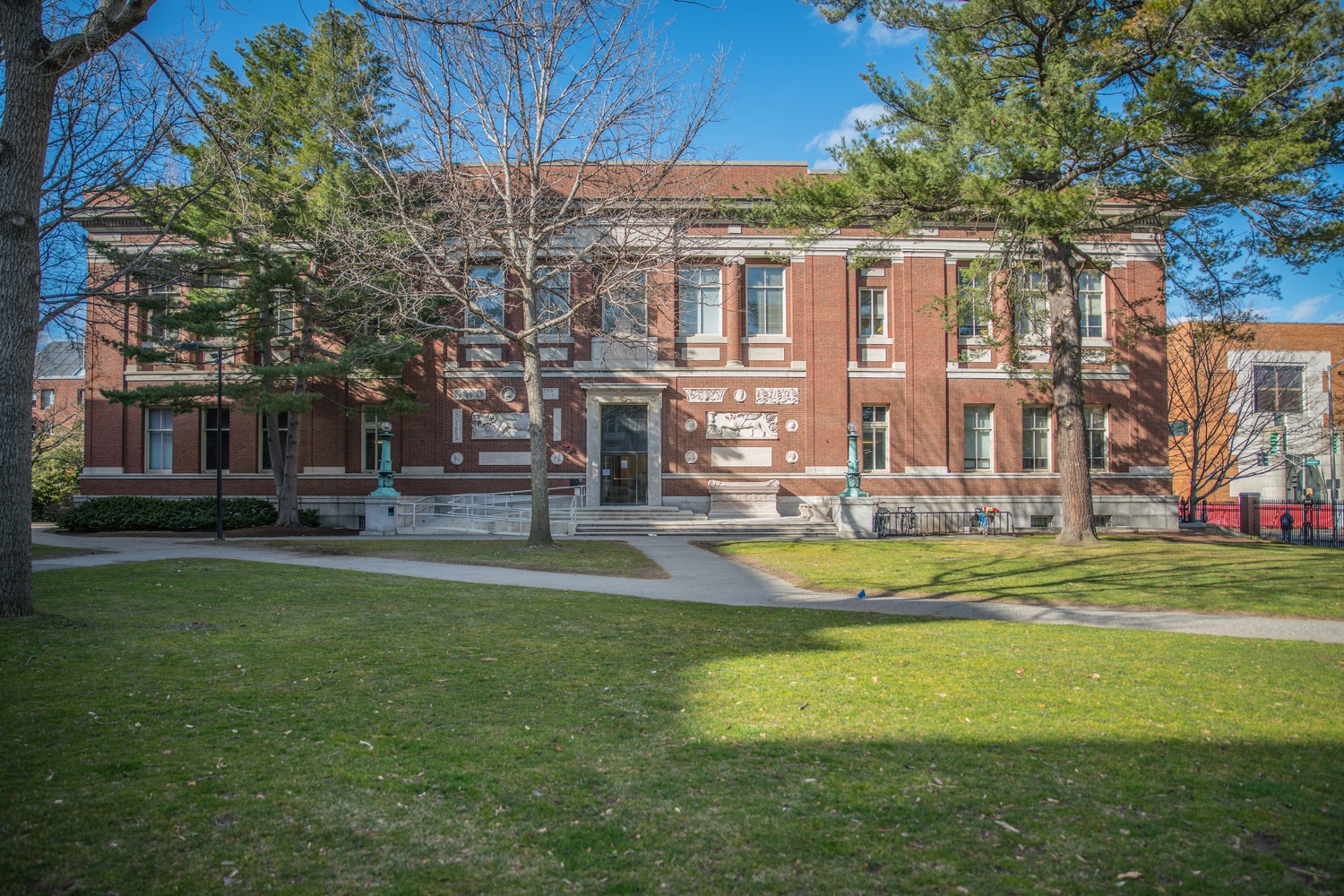
News
Summers Will Not Finish Semester of Teaching as Harvard Investigates Epstein Ties

News
Harvard College Students Report Favoring Divestment from Israel in HUA Survey

News
‘He Should Resign’: Harvard Undergrads Take Hard Line Against Summers Over Epstein Scandal

News
Harvard To Launch New Investigation Into Epstein’s Ties to Summers, Other University Affiliates

News
Harvard Students To Vote on Divestment From Israel in Inaugural HUA Election Survey
History 10 and the Fear of Facts
Until 2006, the History Department offered a European history survey course that was required for concentrators. The history department – rightly – saw the requirement as too Eurocentric and disappeared it from the curriculum.
The replacement, History 10: “A History of the Present,” jumps around between time periods covering three hard-to-follow units: ancestry, rights, and memory; the course did not require so much as an in-class essay, consisting instead of a semester-long research project. The goal of the course is “to teach students what it is to think historically,” one of the professors told The Crimson in an article introducing the course.
While this goal makes sense for an introductory history course, thinking historically is hard without a strong basis in fact and chronology. Lo and behold, after one unsuccessful year, the course has received bad Q Guide reports.
Harvard’s History Department should make History 10 a modern world history survey course that includes map quizzes, sit-down exams, in-class essays, and (gasp) even some date memorization. That way, the History Department could set its students up for success by giving them a factual foundation for analytical thinking.
In the past, facts got a bad rap. Emphasizing facts meant prioritizing memorizing Civil War battles over understanding the horrors of US slavery. Some modern historians, in an effort to go against this kind of teaching, may have decided that their intro course should be primarily theory-based, or they may have endorsed the idea that all history is subjective.
But facts are still an important basis for anyone trying to make an historical argument. Especially the kind of history taught in this course — broad, concept-based history — is incredibly hard to grasp without building up from fact first.
The Department may also be wary that one opinion will be taught as the “right” opinion or that opinion may be taught as fact — indeed, one of the History 10 professors seemed to endorse this idea: “One of the fundamental things about history as well is there’s no right answer.”
But the great thing about facts is that they allow people to come to their own conclusions about historical events.
Additionally, the kind of fact memorization that I’m advocating for does not have to be a question on a test that reads: “Perestroika — well executed? Please keep your answer to one word.” Instead, history students should know facts: that it was enacted by Mikhail Gorbachev, decentralized the Soviet economy, and restructured parliament; as well as when it happened (the 1980s).
Moreover, the ability to think chronologically — to place events from around the world on a timeline — can help students understand greater historical trends. To understand, for example, that the Senegalese student uprising movements in 1968 happened at the same time as similar student protest movements in Egypt, South Africa, France and the US, is indeed to “think historically.”
College-level courses should not repeat high school history — they can include harder primary source texts and more nuance, but they also shouldn’t shy away from objective testing and prioritizing fact as a valuable basis for analytical thinking.
Lastly, as humanities departments bleed students, a rigorous intro class could aid the department’s popularity. Contrary to popular opinion, Harvard students love the prestige of difficult courses. Just look at the popularity of Social Studies 10 or Humanities 10.
A reimagined History 10 could be similar to these courses: a two-term rigorous course. They would have 24 weeks and two lectures a week. Surely, a history department with faculty as renowned as Harvard’s would be well-equipped to organize such an offering. Students could still write research papers but accompanied by in class essays and exams with objective sections, actually forcing students to learn something.
It’s a fact that History 10 could be great. Harvard students just need to learn more of them.
Correction: October 17, 2025
A previous version of this op-ed incorrectly stated that History 10 was discontinued. In fact, History 10: “A History of the Present” will be offered next academic year.
Amelia F. Barnum ’28, a Crimson Editorial Editor, is a Social Studies concentrator in Winthrop House.
Want to keep up with breaking news? Subscribe to our email newsletter.

